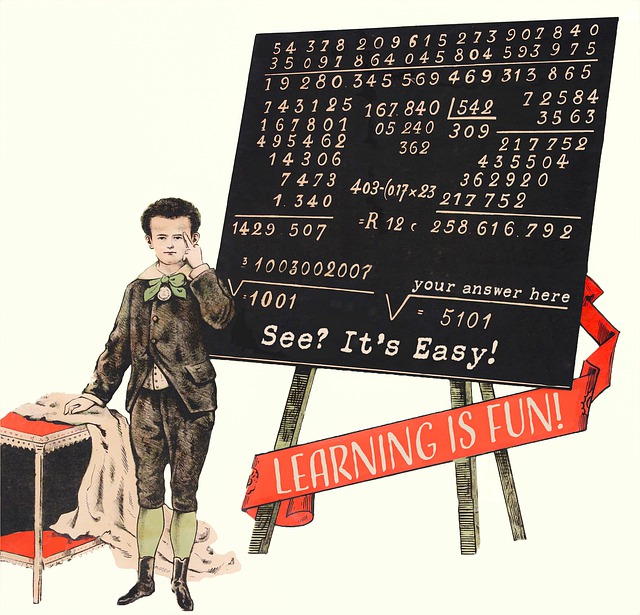The key difference between verbal irony and sarcasm is that verbal irony gives a different meaning than what is really said, but it does not have an insulting tone, while sarcastic statements give a different meaning than the surface level meaning, and they tend to have an insulting and mocking tone.
Key Takeaways
- Verbal irony is used to add humor to a situation by giving a different meaning than what is intended, while sarcasm uses a mocking tone and can be insulting.
- Both verbal irony and sarcasm are used as literary devices by writers, as well as in daily conversations.
- Sarcasm can give negative implications and provide insight into the speaker’s personality, while verbal irony does not.
What is Verbal Irony?
Verbal irony occurs when a speaker says something, and it gives a different meaning than what he wants to say. Verbal irony is used to add humor to a situation. For example, saying “lovely weather out today” on a rainy day can be identified as verbal irony.
Writers may use verbal irony as a writing technique in their work. They use statements with underlying meanings that contrast with their literal meaning. Writers use this technique of writing in order to let their audience distinguish the hidden meanings from the surface-level meaning. Verbal irony is not only used in writing but also in general conversations. In fact, verbal irony is used everywhere, including daily conversations, media, and literature. Verbal irony brings fun and humor to a situation. There are different types of verbal irony as sarcasm, exaggeration, and understatement.
What is Sarcasm?
Sarcasm also gives a different meaning from what is really said, but with a more embarrassing and insulting tone. The hidden meaning is used to mock someone or something. Sarcasm is used as a writing technique by writers in their work of literature. Sarcastic statements are frequently seen in most literature masterpieces as they generate humor.
Sarcasm can also give a negative tone and meaning. For example, saying “you have been working hard” by looking at a weedy garden can be identified as a statement with sarcasm. Although the statement implies an appreciation of work, it literally gives the completely opposite meaning of what is really expressed. It is also given with a ridiculing tone for not being worked hard. Sarcasm is used not only in writing work but also in daily conversations. Due to the mocking tone of sarcasm, it can also be a sign of disrespect toward the person being addressed.
What is the Difference Between Verbal Irony and Sarcasm?
The key difference between verbal irony and sarcasm is that verbal irony gives a different meaning than what is really said, but it does not have an insulting tone, while sarcastic statements give a different meaning than the surface level meaning, and they tend to have a mocking tone.
Although the verbal irony is used in both paragraphs and conversations, sarcasm is most commonly used in conversation because of the tone. Moreover, though the verbal irony is categorized into different types, sarcasm takes different formations with use. Sarcasm can give out negative implications, but verbal irony does not provide negative implications. At the same time, though sarcasm provides signs of the personality of the speaker, verbal irony does not give clues about the speaker.
Summary – Verbal Irony vs Sarcasm
The key difference between verbal irony and sarcasm is that verbal irony gives a different meaning than what is really said, but it does not have an insulting tone, while sarcastic statements give a different meaning than the surface level meaning, and they tend to have a mocking and insulting tone.
